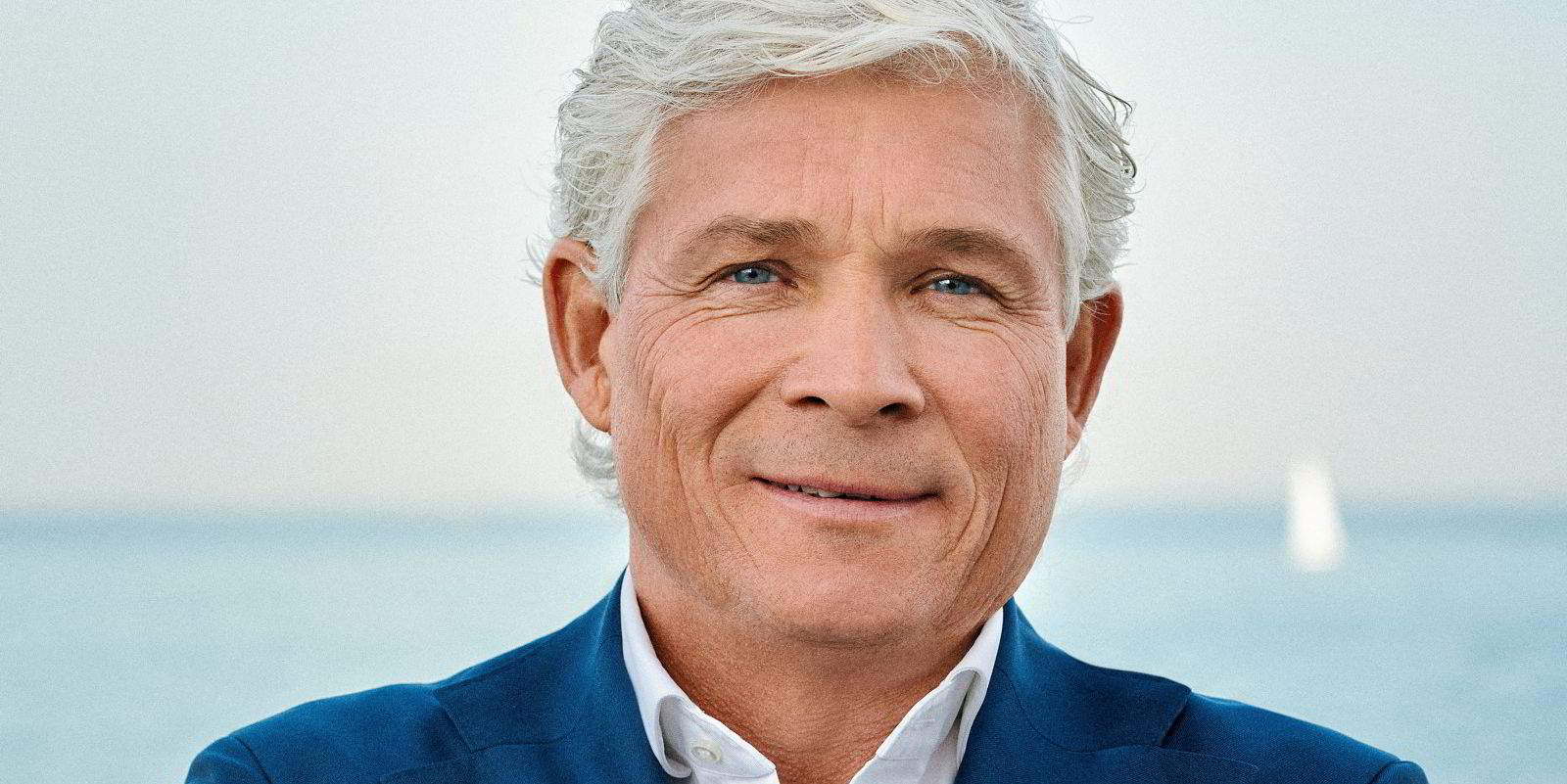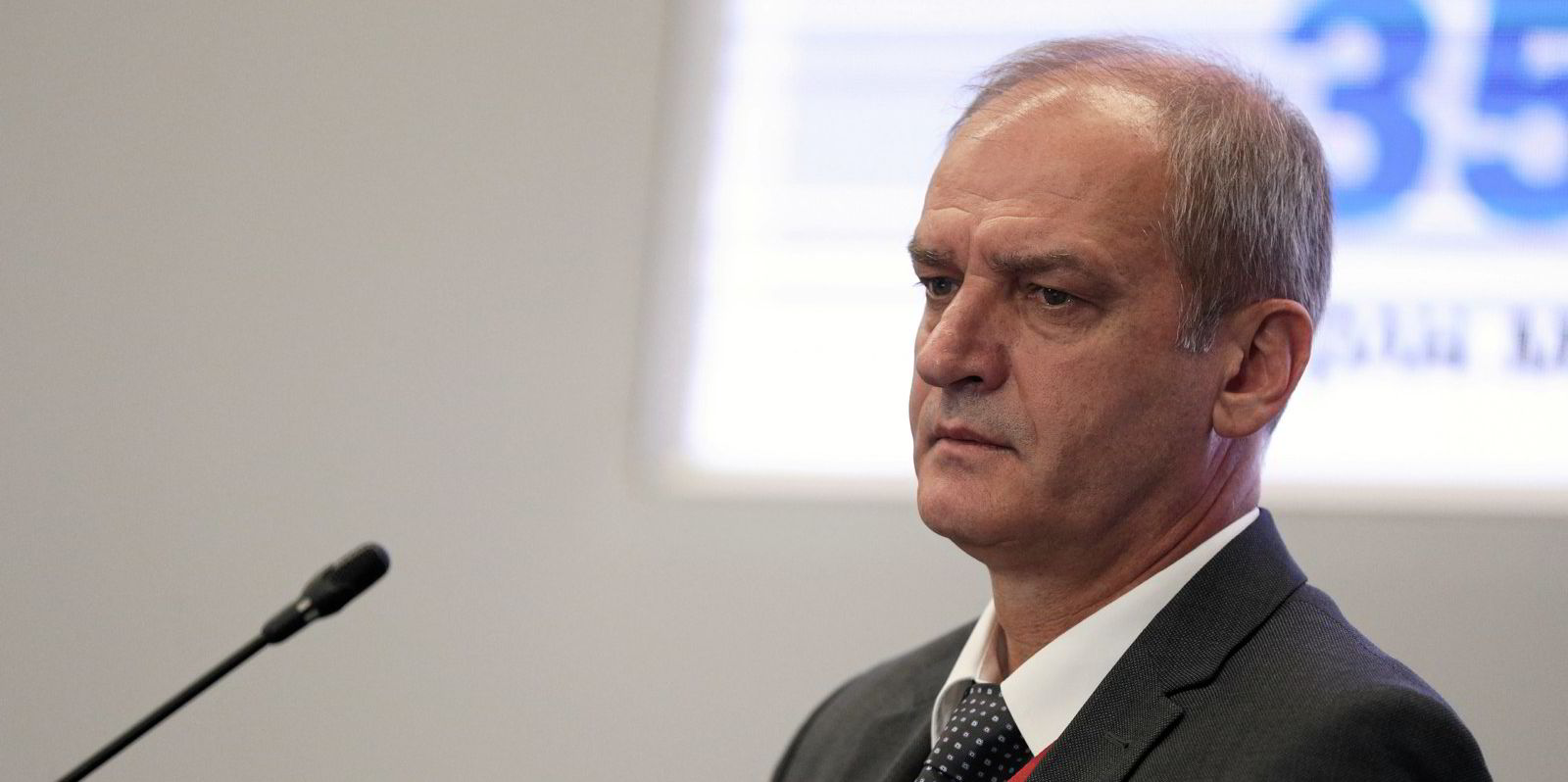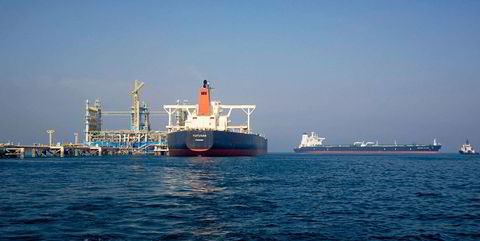Hafnia chief executive Mikael Skov has disputed Danish football club Hvidovre’s account of why he sold some of his shares in its holding company.
The BW Group company’s boss has reduced his stake to below 5% from between 10% and 15% in Hvidovre Holding, which controls 100% of the Superliga outfit.
Hvidovre Holding chairman Nicolai Mallet told Danwatch and Ekstra Bladet that Skov was asked to exit due to a Danish probe into shipments of oil from an Indian refinery with links to a sanctioned Russian entity.
Skov, who grew up in Hvidovre, denied this was a factor in his decision, however.
Mallet said in a written statement that the company became aware of the shipments and asked Skov to refute allegations of transporting Russian oil.
The board encouraged Skov to dispose of all his shares, Mallet claimed.
“Hvidovre Football’s board of directors distances itself from any action that, contrary to Denmark’s security interests, contributes to the support of the Russian economy and thus to the financing of the war of aggression against Ukraine and the consequences it has and may have for Denmark,” the statement read.
Skov confirmed he had sold some shares, but said: “My sales have nothing to do with either your articles or my own commitment to the club. As I have not lived in Denmark for many years, they have been sold to someone who has the time and desire to be actively involved in Hvidovre Football.
“To them [Hvidovre] I answered exactly the same as I have also pointed out to you several times, namely that Hafnia has at no time broken international sanctions and of course follows the applicable guidelines in the area.”
Hafnia has been contacted for further comment.
‘Misunderstandings’
In March, the shipping company denied any wrongdoing over shipments of fuel from Vadinar in India as an investigation began in Denmark.
A report by Danwatch and Ekstra Bladet claimed that Hafnia carried refined products with an estimated value of up to $293m from the refinery there.
The Danish Business Authority told TradeWinds at the time: “We can confirm that the DBA, as part of our general monitoring activities, is examining, among other things, Hafnia Tankers’ measures regarding compliance with the EU’s sanctions against Russia.”
Hafnia confirmed to TradeWinds that it had received “a line of enquiry” from the agency.
“We are in close cooperation with them to clear misunderstandings arising from media sources once and for all in confirming that Hafnia operates in full compliance with the law and that our trade with oil products from Vadinar in India is legitimate,” a spokeswoman said.
The Vadinar refinery is owned and operated by Nayara Energy, in which sanctioned Russian producer Rosneft owns a 49.13% stake.
It is India’s second-largest single-location refinery, with an annual capacity of 405,000 barrels per day.
Five Hafnia tankers are alleged to have called there in recent months.
Complying with relevant laws
Shipments have been transported to Denmark, the UK, Tanzania and the United Arab Emirates, the report claimed.
Hafnia said it “complies with all relevant laws and regulations and maintains robust controls and protocols to prevent sanctions violations. This includes sanction clauses in all charters mandating compliance with EU, US and UN laws.”
The shipowner explained that charter agreements with clients are carefully designed to include strict sanction clauses.
“These clauses ensure that we do not engage in any activities that violate international sanctions,” the spokeswoman said.
Nayara Energy is not a sanctioned entity, Hafnia added, and cargoes were of Indian origin, “as per current sanction laws definition”.
“It is important to note that the crude oil at the Vadinar refinery comes from multiple countries before it is being refined. The jet fuel is thereby classified as having Indian origin when it undergoes that level of refinement,” the company said.





